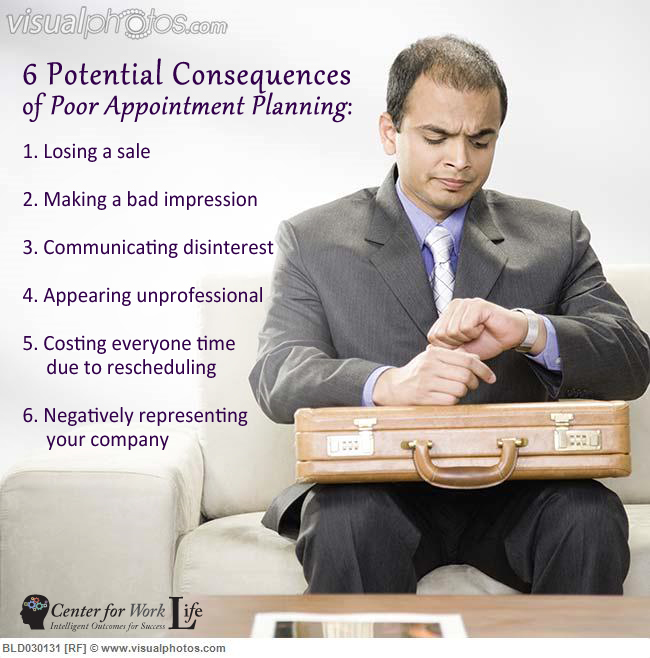This Blog has been featured by the West Orange Chamber of Commerce. Sources such as HLN have also been home to publications by Dr. Farnaz Namin-Hedayati and she has been cited by the Orlando Business Journal.
Management Monday: Managing Appointment Planning
Busy professionals attend over 60 meetings every month, according to Verizon’s Meetings in America study. From the Fortune500 CEO to the small business owner to the new intern, prioritizing commitments and time management are universal challenges. In fact, it may be surprising, but even some popular leaders in business have been known for their lateness. Colleagues of Marissa Mayer would likely suggest “I’m late, I’m late, for a very important date,” could be her tagline. Even her biggest supporters admit she has a lateness struggle, similar to the fictional white rabbit that appears in Disney’s Alice in Wonderland and in ABC’s Once Upon a Time in Wonderland.
In Marissa Mayer Is Late All The Time, Nicholas Carlson of Business Insider reports that multiple sources have commented on Mayer’s lateness to meetings with her executive team and even clients. Sometimes she’s a few minutes late, sometimes she’s an hour late. She even missed a one-on-one meeting with Unilever, one of Yahoo’s most important clients.
Author and Speaker Alfie Kohn suggests in Why Are Some People Always Late?, a Psychology Today article, that though most likely unconscious, there are potentially a variety of psychological reasons people are regularly late or miss appointments. From grabbing attention with late entry, to satisfying guilt for other reasons by creating an opportunity to apologize, to simply not being in the habit of checking the clock during other tasks and more; it’s difficult to pinpoint the behavior catalyst.
Regardless of the cause, these habits can stain relationships and negatively impact productivity. Fortunately, lateness is not a genetic disorder and with conscience effort one can reverse their lack of punctuality. Consider the potential consequences of continuous tardiness or rescheduling and check out these tips to form better habits.
Potential Consequences of Poor Appointment Planning:
1. Losing a sale
2. Making a bad impression
3. Communicating disinterest
4. Appearing unprofessional
5. Lowering morale in team by showing disrespect
6. Costing everyone time due to rescheduling
7. Tarnishing leadership status
8. Negatively representing company

“For many customers and potential business partners, a company’s employees may represent the first and most significant contact with the organization” (Strategic Communications, LLC).
Tips to Improve Appointment Setting Skills:
- Remember the appointment impacts more than your own schedule.
- Keep an organized calendar to which you and your assistant have access.
- Take in to account travel time when scheduling.
- Avoid over-booking your agenda.
- Prepare in advance by being familiar with the goals of the meeting and gathering materials.
- Confirm your intention to attend prior to the meeting.
- Allow for traffic time if traveling.
- Map out and know your route in advance and have your contact’s phone number handy in the event you have trouble finding their location.
- Create a reminder notification on your computer or phone.
- Remember to check the time occasionally as your appointment time approaches and finish up tasks accordingly.
- If you must reschedule, try to give at least three days notice.
- If faced with an emergency situation in which you must miss the appointment at the last minute, personally call and inform the other individual.
Does “Better late than never” hold up? Or does late lead to never? Every professional has their strengths and weaknesses. Nobody is perfect. However, no matter the vice, only the individual has the power to adjust their ways or seek guidance to make a change.






